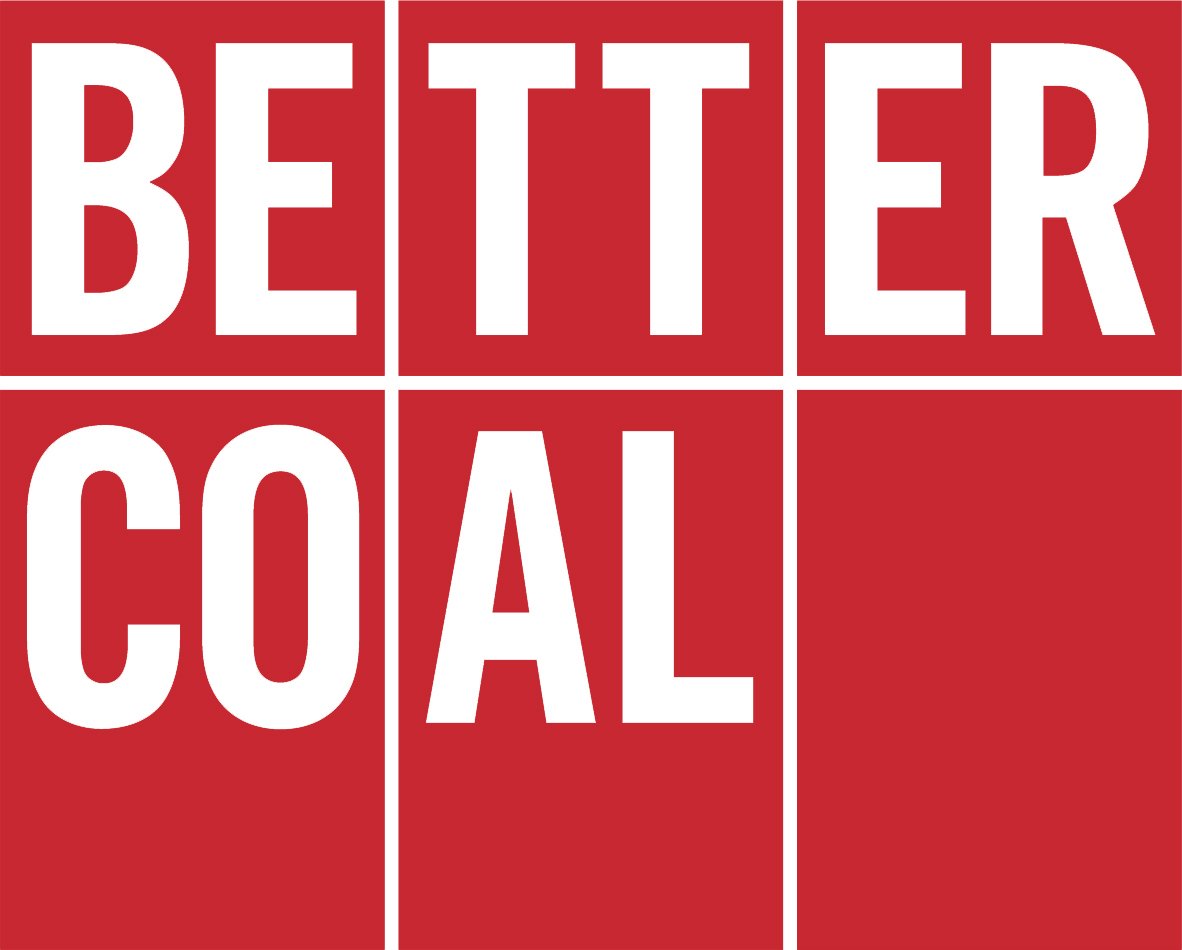Divestment: A Short-Sighted Solution for Responsible Coal Mine Closure
Published on May 21, 2020
Written by:
Rowan Secrett, Bettercoal Head of Standards and Assurance
Gavin Rowson, Bettercoal Assessment Process Manager
The Coal Divestment Movement
In January, BlackRock, the world’s biggest asset management fund, announced that by mid-2020, the fund will no longer invest in companies that generate more than 25% of their revenue from thermal coal production. It was a bold landmark move that many climate campaigners leading the fossil fuel divestment campaign have been waiting for, with CEO Larry Fink citing sustainability as the fund’s “new standard for investing”.
Just one week before this announcement, BlackRock joined the Climate Action 100+, an investor initiative launched in 2017 to ensure that the 100 top emitting companies, which account for two thirds of annual global industrial emissions, take necessary action on climate change. Currently, Climate Action 100+ represents 370 investors who collectively manage more than USD $35 trillion in assets under management.
Mining Company Response
As investors turn away from fossil fuels and in the face of increased environmental impact scrutiny around climate change, organisations are struggling to balance their finances and maintain assets. This has led to a number of high-profile mining companies declaring closure or sale of their coal mining assets, with BHP announcing “no appetite for growth in energy coal regardless of asset attractiveness”, Rio Tinto selling their final stake in coal mining in 2018, and Glencore’s output of coal being significantly reduced, following pressure from ClimateAction100+.
The Social and Environmental Fall-Out
Although many would see the divestment from coal assets as a positive step to address climate change, there are other factors to consider. The main driver of the divestment movement are the desires of many to flee fossil fuels at light-speed pace at any cost. The ‘fossil flee’ could leave stranded assets, passed through many hands without concern, managed poorly or abandoned, leaving towns and cities reliant on coal for income to suffer the consequences for decades to come. The environmental victory doesn’t always equal economic and social justice.
It is both a reality and concern that large reputable mining companies will come under pressure from investors to step away from coal by selling their assets to smaller, less responsible investors, potentially unable or unwilling to prioritise environmental, social and governance (ESG) performance. Selling the asset is effectively selling the responsibility, with new owners feeling less obligation to expensive risk management and ESG performance and seeking to drive up the value of the asset, for the short time they expect to own it before it closes. Have investors demanding coal closure accepted that the impacts of this damaging ‘fossil flee’ will be felt by the most vulnerable, such as nearby communities, mine workers, and the local environment?
The only real solution to a responsible transition to a low or no-carbon economy is an engaged, managed closure by those who have benefited for years at its expense. Sustainability is not about divesting or fleeing, but about taking responsibility for your assets and your people. A responsible owner should undertake a managed closure of their asset rather than a panicked sale.
The controlled closure of assets with a carefully managed closure plan that considers environmental and social impacts will be the only way to ensure the transition is fair and just for all stakeholder groups. Leading organisations like BHP and Glencore have an outstanding opportunity to provide lasting benefits to the vulnerable groups that have felt so exploited since the mine was first established. By supporting government and communities with understanding a life beyond coal, they can create opportunity for poverty-stricken areas who can no longer return to their pre-mining way of life.
Bettercoal and Paving the Way for More Responsible Practices
Bettercoal is realistic about the current energy situation and believes strongly that divestment is not the answer. The Bettercoal Code, launched in 2013, was created in consultation with government, industry, and NGOs in response to ESG performance challenges within the coal mining sector.
Since its launch, Bettercoal has become the internationally recognised Standard for assessing, assuring and sustaining the most stringent ethical, environmental and social performance in the coal mining industry. Bettercoal works with coal suppliers to drive stronger ESG practices through the industry, not leave assets stranded or communities isolated to address the issues and heightened risk alone. Issues such as Health and Safety in mining, engaging local stakeholders, business ethics, freedom of association, and robust closure planning are addressed in the Code, all vital for sustainable growth, while we reduce GHG emissions.
Government policies are currently clear that the continued use of coal is required to meet global energy demand over the next few decades, so in that time, Bettercoal is determined to encourage responsible mining of that coal. By using standards and mechanisms like Bettercoal, the coal mining industry can also facilitate a just transition, taking the appropriate time to plan and execute closure in a socially and environmentally responsible way. Bettercoal Suppliers can create opportunities for their people through delivering responsible business and a managed closure, rather than rush to remove assets from their portfolio to make first world shareholders feel like they are addressing climate change.
The true cornerstone of improvement will not be from shareholder pressure on organisations to divest from fossil assets; but will instead be when that very same pressure is applied to acting with a social and environmental conscience. Pressure that pushes organisations to perform at the level of international best practice for their people and the environment until the just transition can be achieved.
